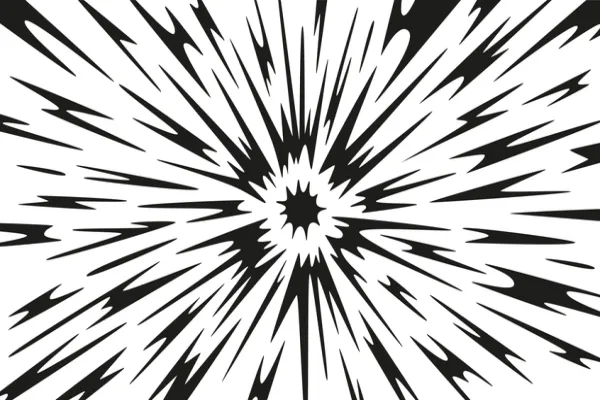After taking over as president of Harvard University in July 2001, Larry Summers alienated many faculty members with his abrasive manner, perceived disregard for the humanities and clashes with several high-profile professors and deans. But the former Treasury secretary's role in a scandal surrounding Harvard's involvement in Russian economic reform in the 1990s, recounted in depth in an Institutional Investor cover story (January 2006), may have been the straw that broke the camel's back: It lost Summers key faculty support just before he resigned last month, according to several professors.
Copies of "How Harvard Lost Russia," a 26-page investigative report by prizewinning journalist and Harvard alumnus David McClintick, circulated widely on the campus ahead of a February 7 meeting between Summers, 51, and the Faculty of Arts and Sciences. The story told how Andrei Shleifer, an economics professor and protégé of Summers, and Jonathan Hay, a Harvard-trained lawyer, had violated conflict-of-interest rules to make investments in Russia while running Harvard's economic reform project there. It also recounted how Summers had asked former Harvard dean Jeremy Knowles to protect Shleifer, who was the target of a lawsuit brought by the U.S. government.
Last year Harvard agreed to pay $26.5 million to settle the lawsuit; Shleifer agreed to pay $2 million and Hay between $1 million and $2 million. None of them acknowledged any wrongdoing or liability.
Farish Jenkins Jr., a biology professor, challenged Summers directly at the February 7 meeting, saying the Shleifer case and Harvard's settlement "would have been unthinkable" under the university's previous two presidents. Frederick Abernathy, an engineering professor, said he was troubled by the affair and asked Summers for his opinion about it. The president gave a curt reply, saying he was "not knowledgeable of the facts and circumstances to be able to express an opinion" because he had recused himself from the university's handling of the case when he assumed the presidency.
That legalistic response angered Abernathy. "We all have an opinion about the Iraq war, but none of us have the facts," he tells II. "I hoped he would say, 'It was a bad chapter in our history, and it's passed.'"
John Longbrake, a Harvard spokesman, said that neither the Shleifer case nor the II article played a role in Summers' decision to step down. In his February 21 resignation letter, the president said he had "reluctantly concluded that the rifts between me and segments of the Arts and Sciences faculty make it infeasible for me to advance the agenda of renewal that I see as crucial to Harvard's future."
Summers had generated no small amount of controversy over the previous five years. His criticism of African-American professor of religion Cornel West prompted West to leave for Princeton University. The president's questioning of the innate abilities of women to excel in the sciences prompted charges of sexism. The January resignation of FAS dean William Kirby, who many faculty believe was forced out by his boss, led one professor to call a fresh vote of no confidence in Summers (he lost a previous one in March 2005).
The II account of the Shleifer case and the exchanges at the February 7 meeting generated fresh discontent among the faculty. Supporters of the president dismissed the controversy as a mere contretemps stirred up by professors determined to resist the changes pursued by Summers. But, says Harry Lewis, a computer science professor and former Harvard College dean who was interviewed for McClintick's story, "people who were troubled by it were a completely different set of people than those who were moved by previous controversies." In his forthcoming book, Excellence Without a Soul: How a Great University Forgot Education, Lewis criticizes Harvard for practicing a double standard, asserting that the university's defense of Shleifer contrasts with the tough line it takes toward allegations of student misconduct. Summers' resignation resolved much of the faculty discontent, but some professors insist that the university still needs to review Shleifer's conduct and consider disciplinary action. "The Faculty of Arts and Sciences has to deal with that," says Abernathy. "Whether Shleifer is disciplined or not is independent of Summers' resignation."





